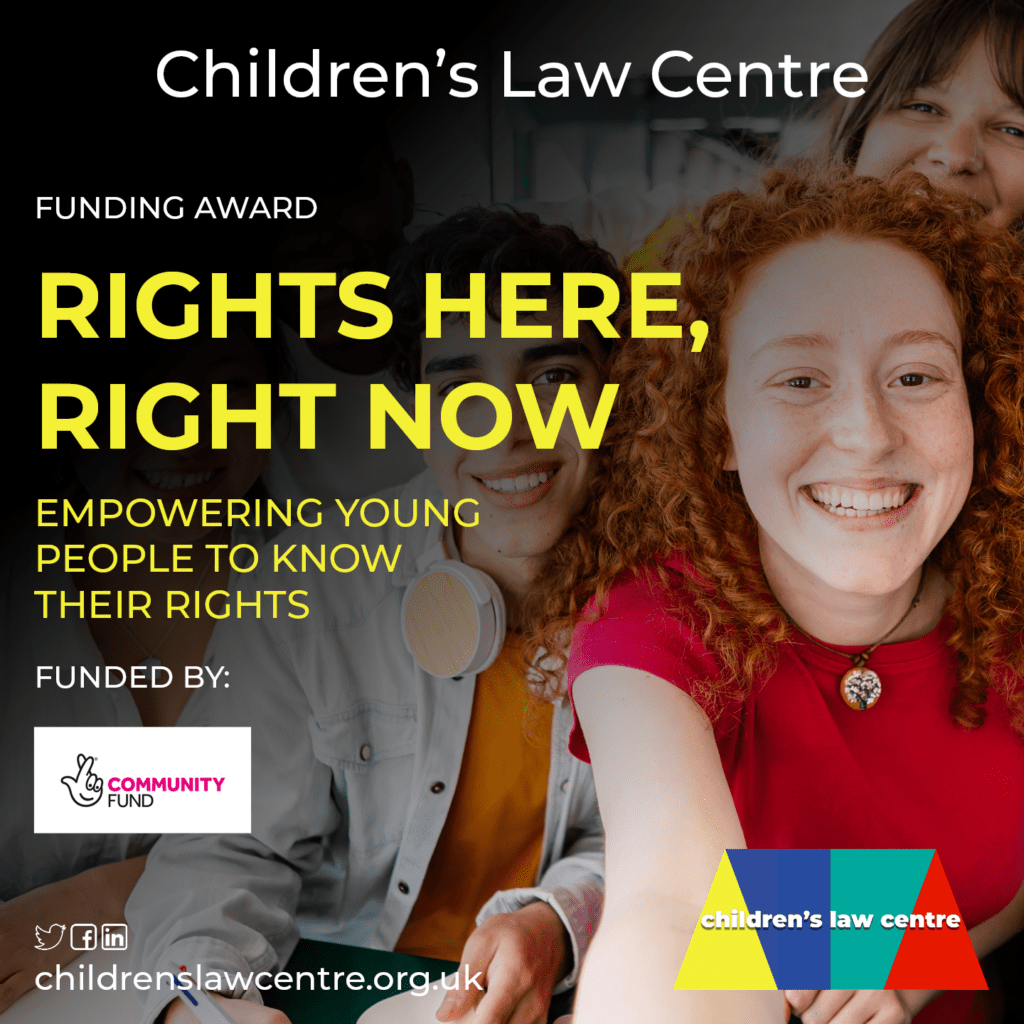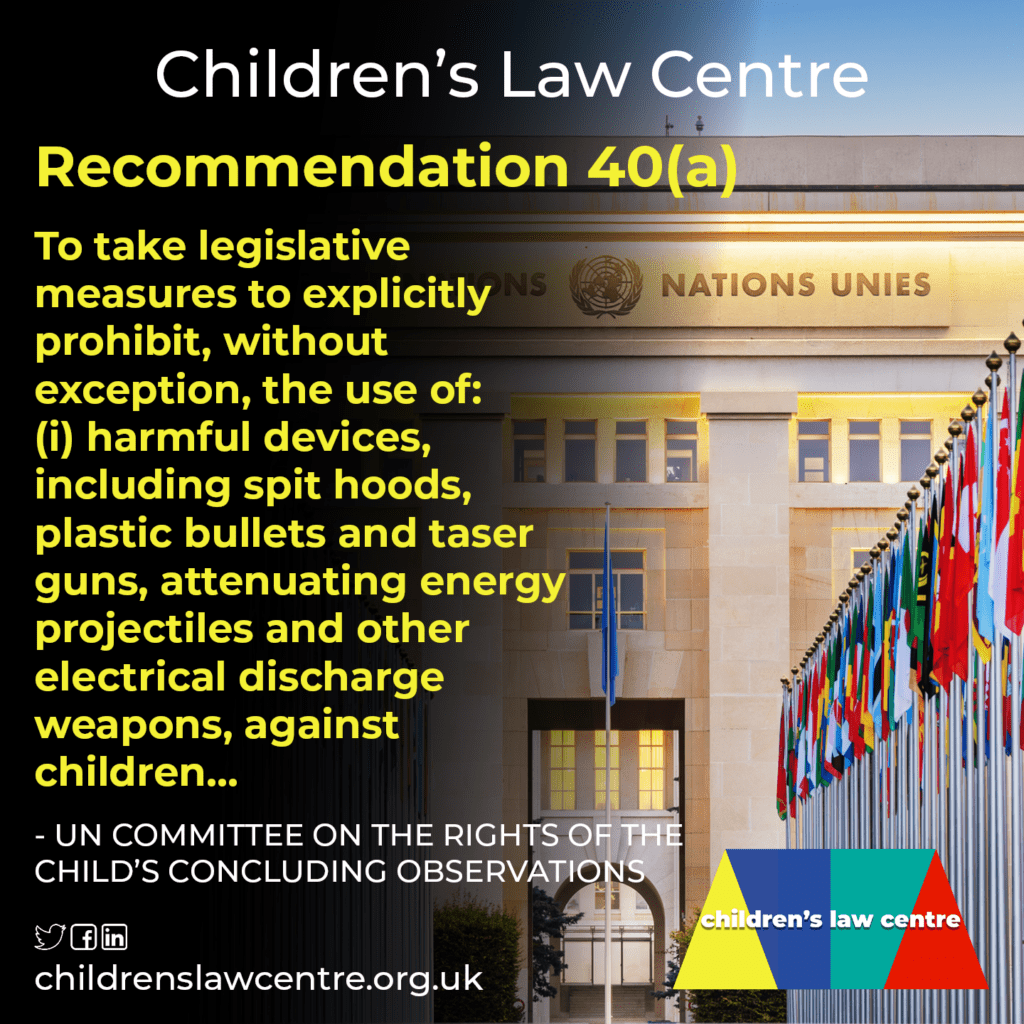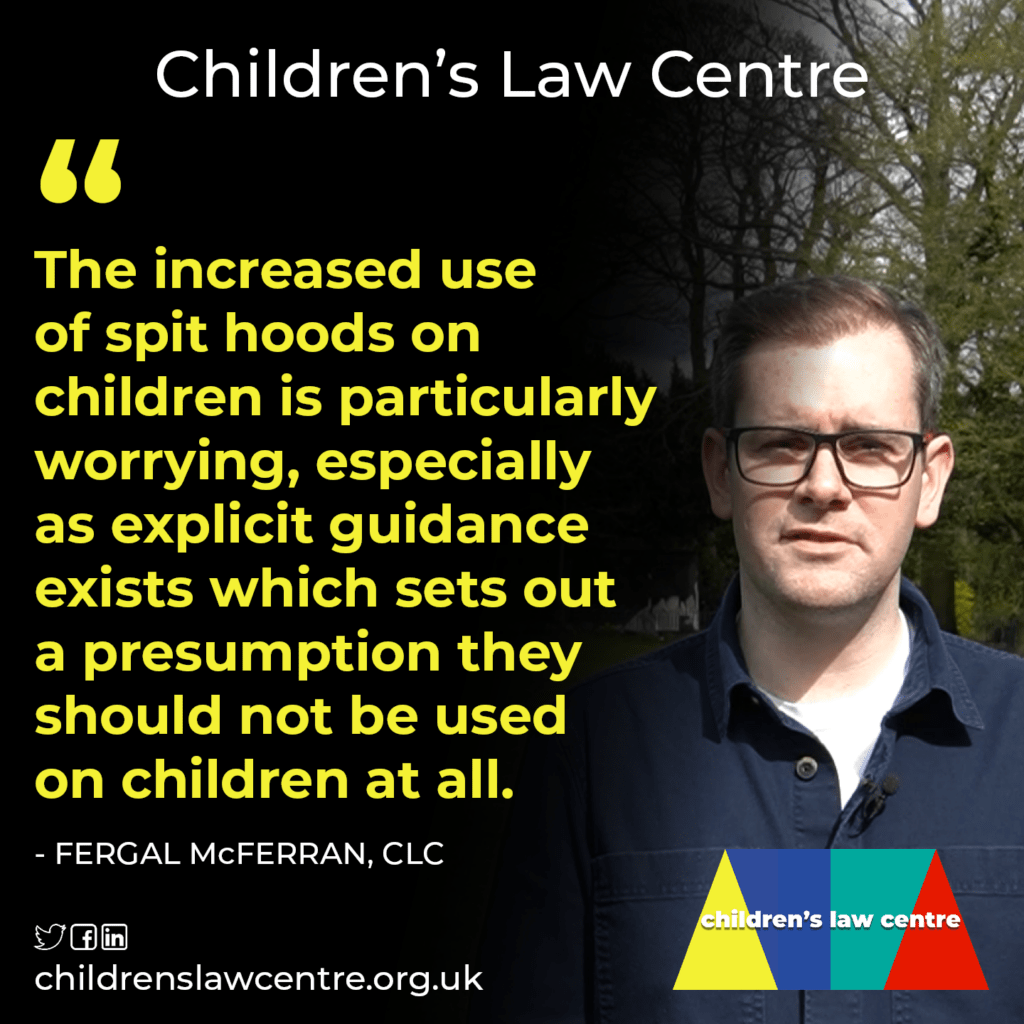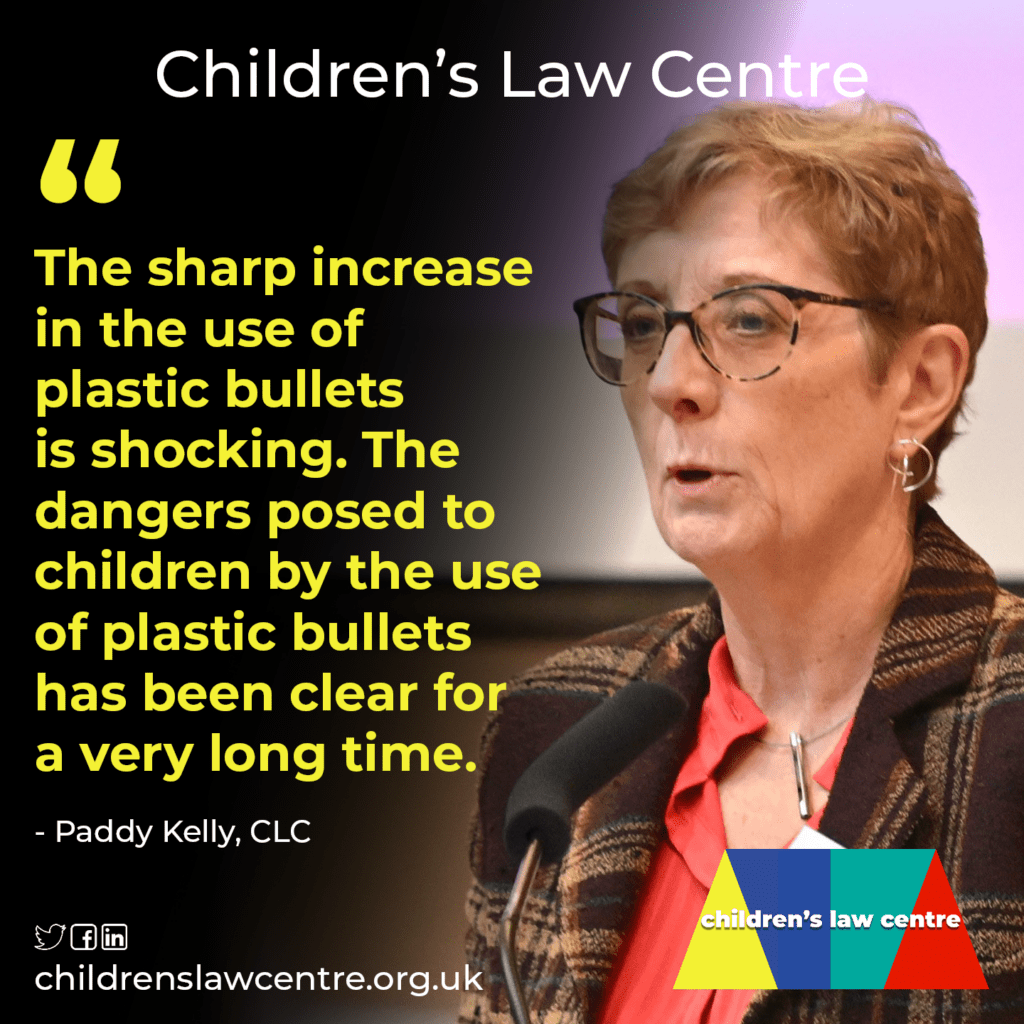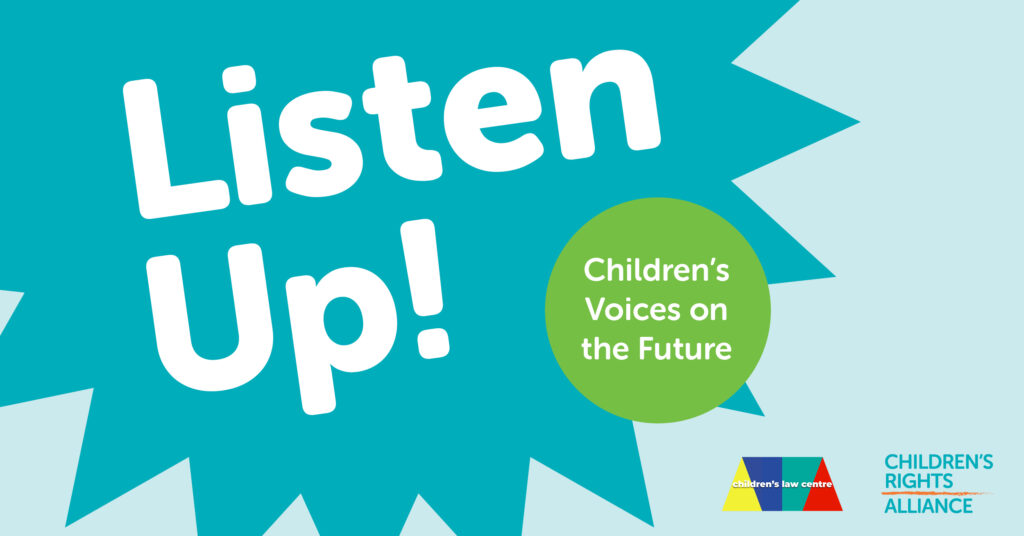23 October 2024
Health Minister Mike Nesbitt MLA announces additional multi-year funding to tackle failures in respite services
The intervention follows a recent Spotlight documentary ‘I Am Not OK’
The Minister met with families from the documentary, the Children’s Law Centre and the National Autistic Society on Tuesday 22nd October to discuss the new measures
The Children’s Law Centre has welcomed a Ministerial intervention seeking to address failures in the provision of respite services for children as a first step. The announcement includes an additional £2m in the current financial year and £13m a year in additional multi-year funding.
A solicitor at the Children’s Law Centre who has represented numerous children in legal challenges to secure respite provision has welcomed the announcement, but highlighted the need to see meaningful improvements for children and their families.
Eamonn McNally, a solicitor at Children’s Law Centre, said: “The systemic failures around respite services have been ongoing for years and have had a devastating impact on disabled children and their families. At the Children’s Law Centre we have seen the impact it is having on our clients first hand. We have seen children taken into residential care, family break down and families placed at risk, all because of a failure to provide for the assessed needs of children.
“I want to pay tribute to the families involved in securing this announcement, as well as the work of the National Autistic Society. Their bravery in telling their story, while also battling the everyday challenges they are dealt with must be recognised.
“We want to welcome this intervention by the Minister as a first step. It is now absolutely critical that the trusts use the additional resources effectively and start to deliver meaningful change for children and families. We need to see an immediate impact on the current pressures, as well as long term stability around services. This will require effective accountability mechanisms to scrutinise implementation by the health trusts and ongoing consultation with families affected, as well as pooling of resources between trusts.
“We look forward to continued work with the Minister, his Department and the health trusts to address the current crisis.”


